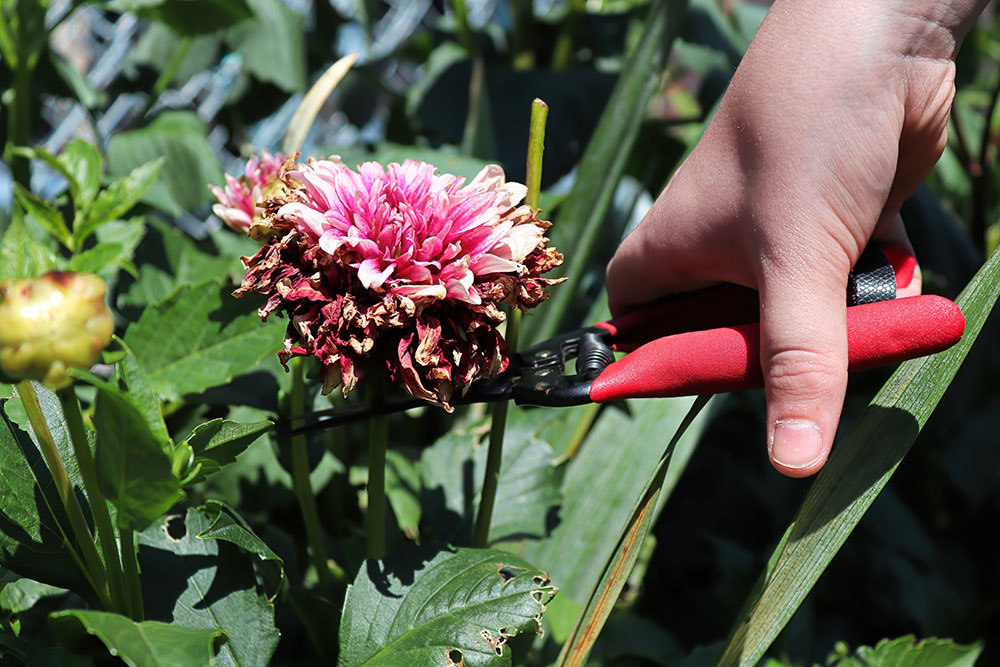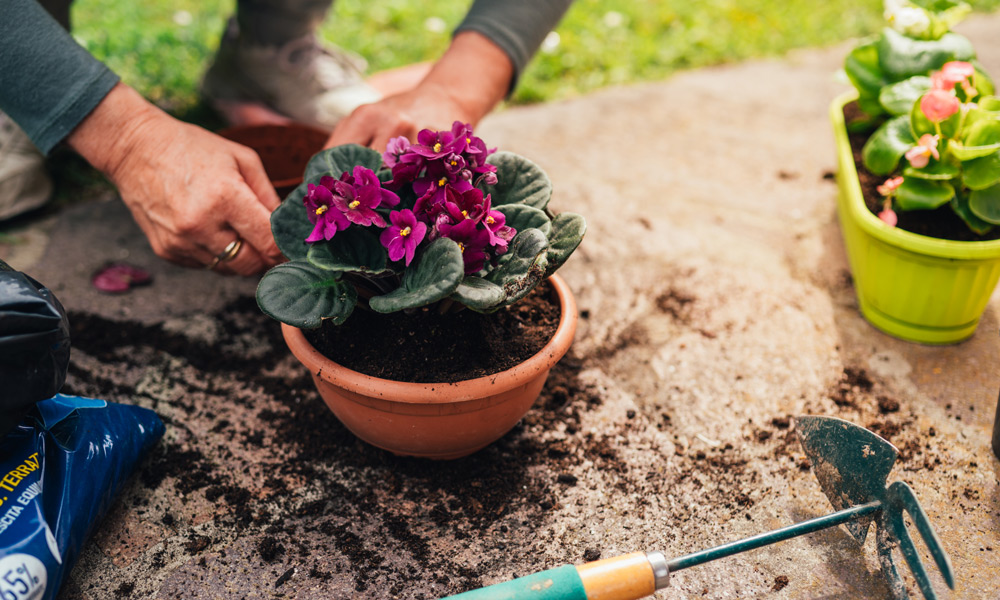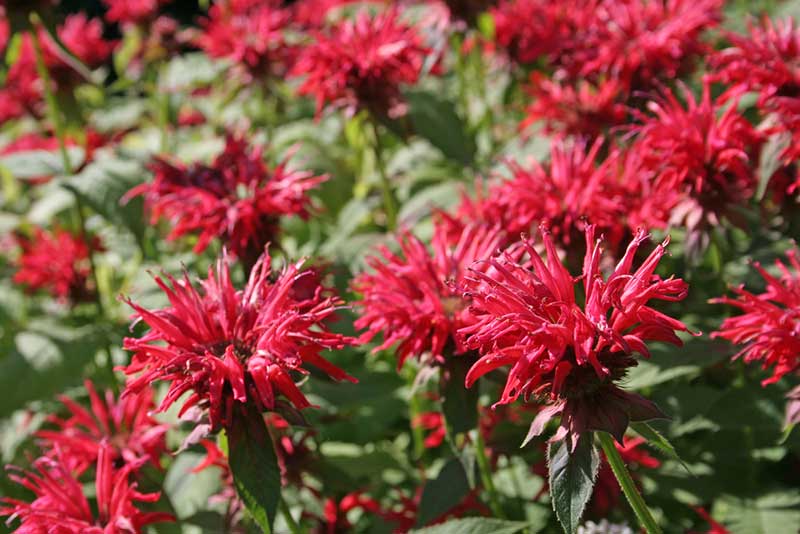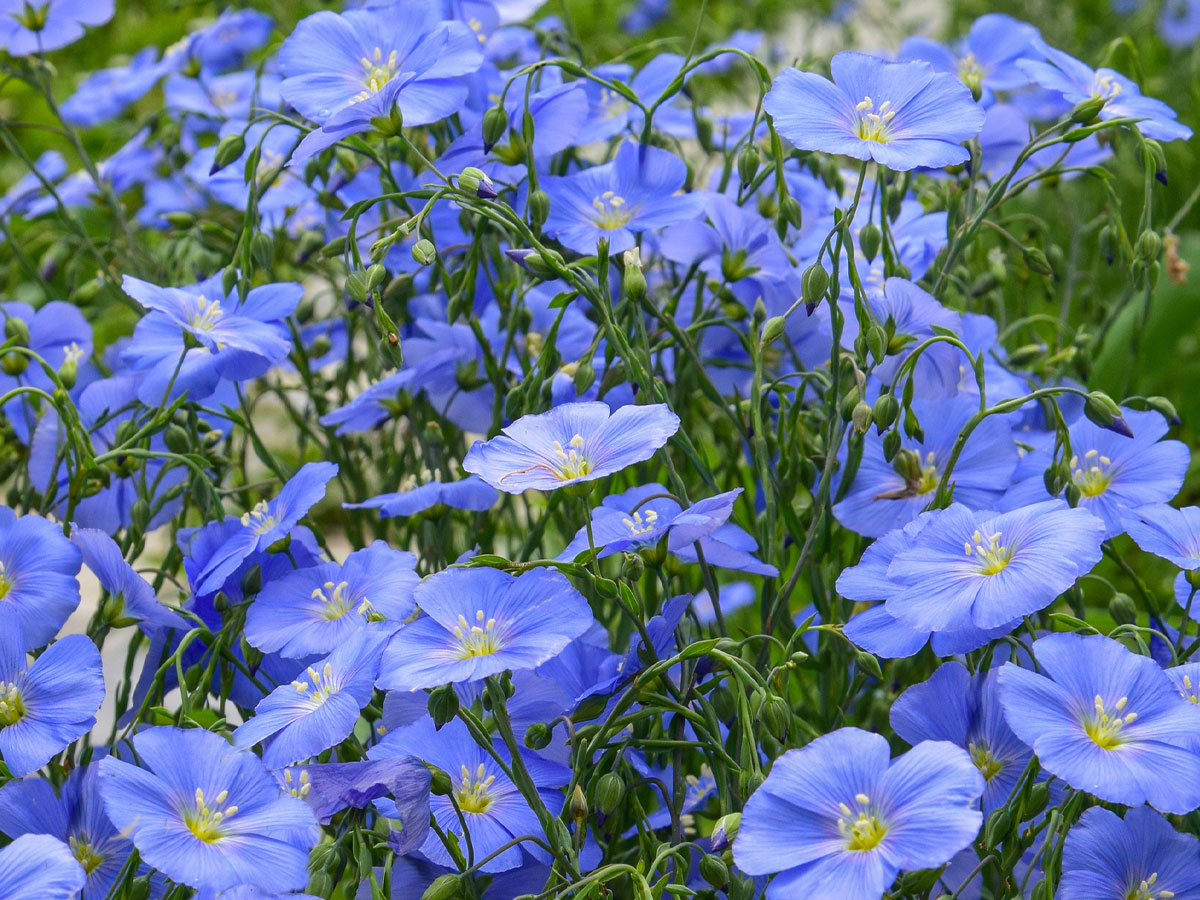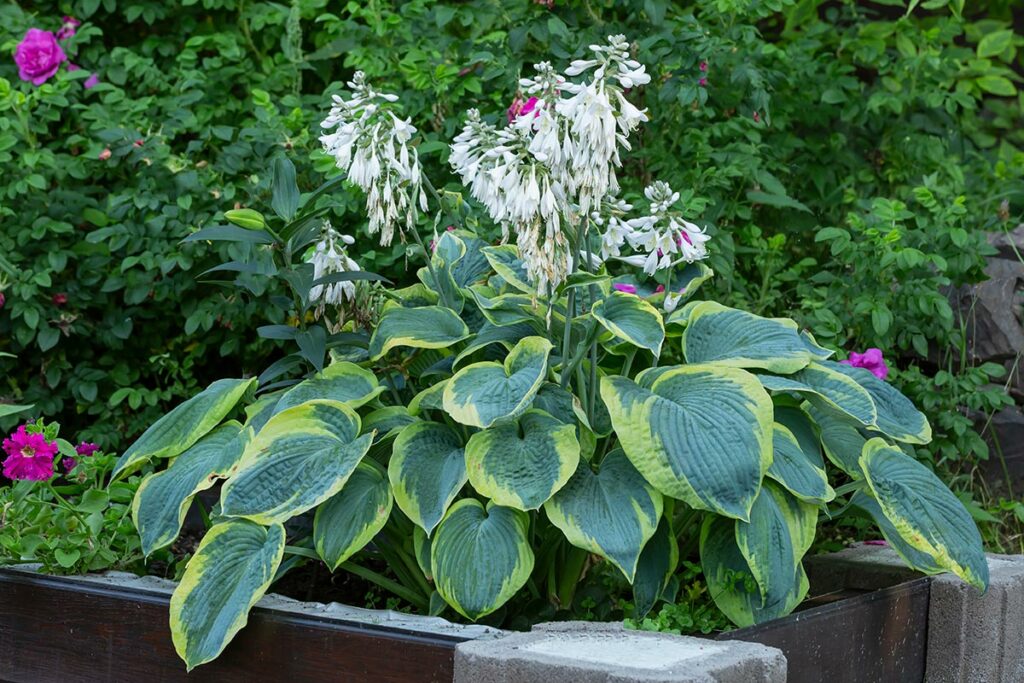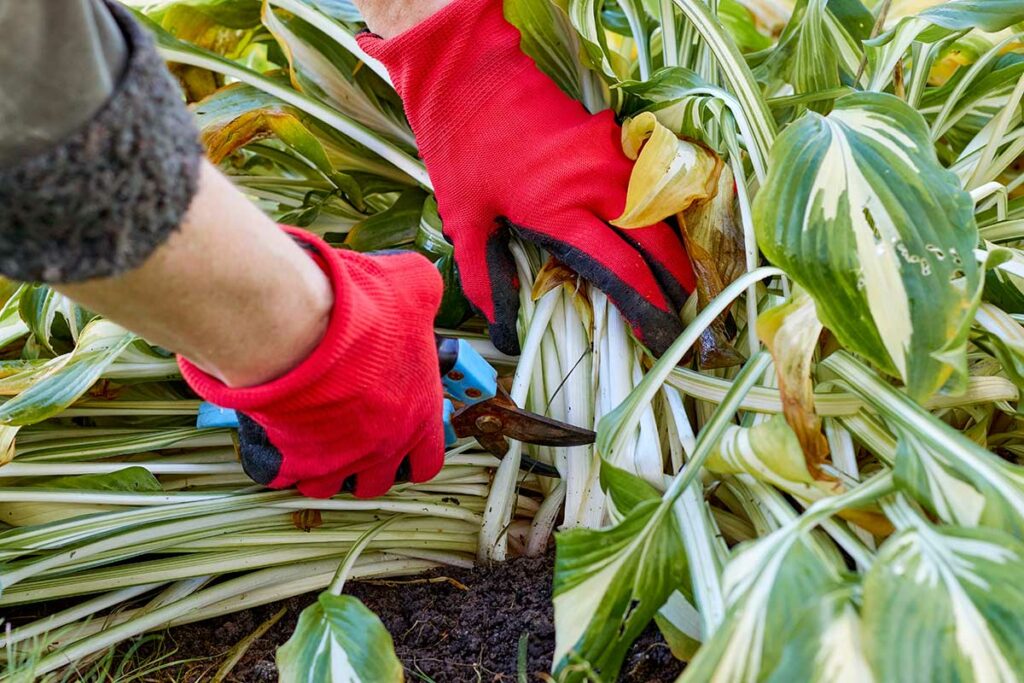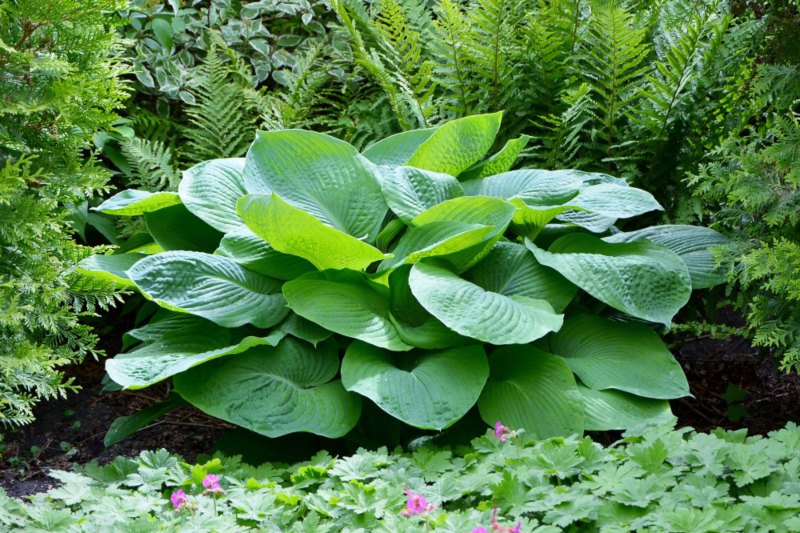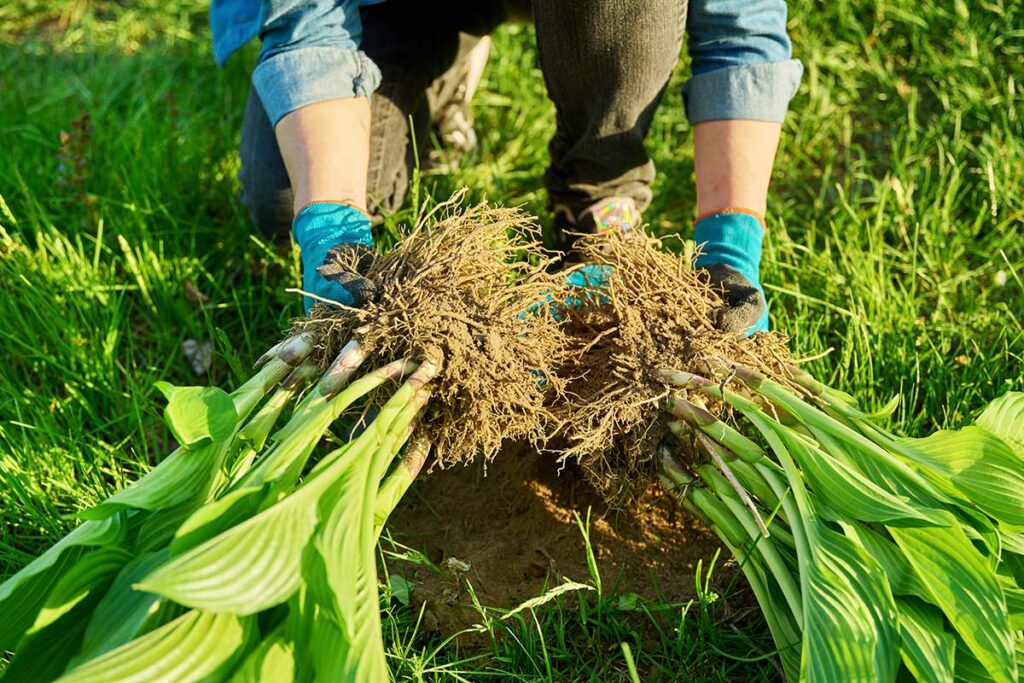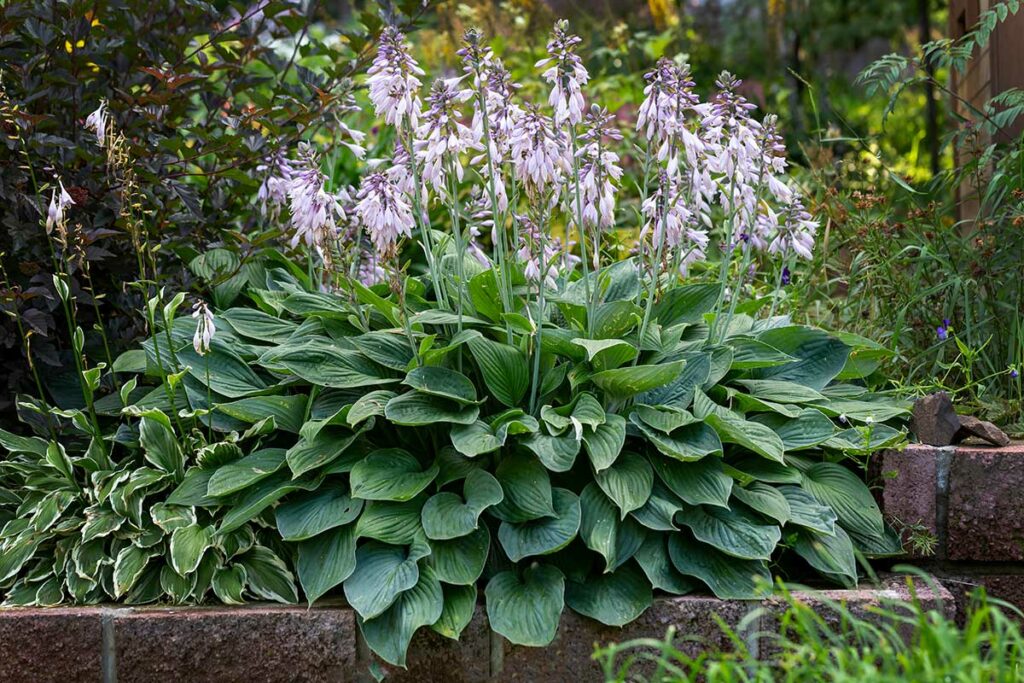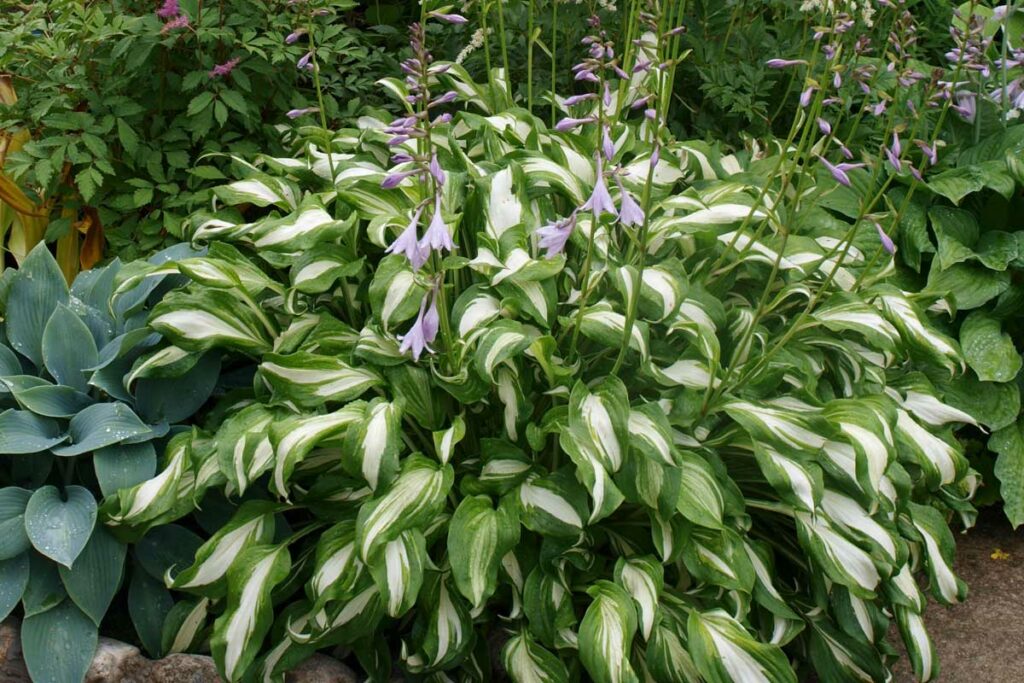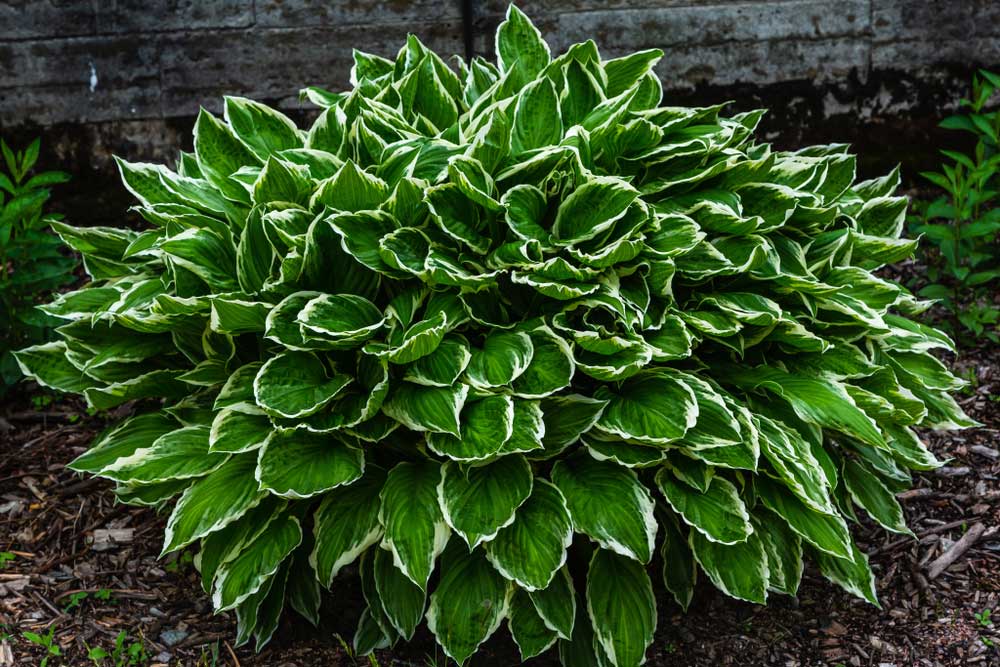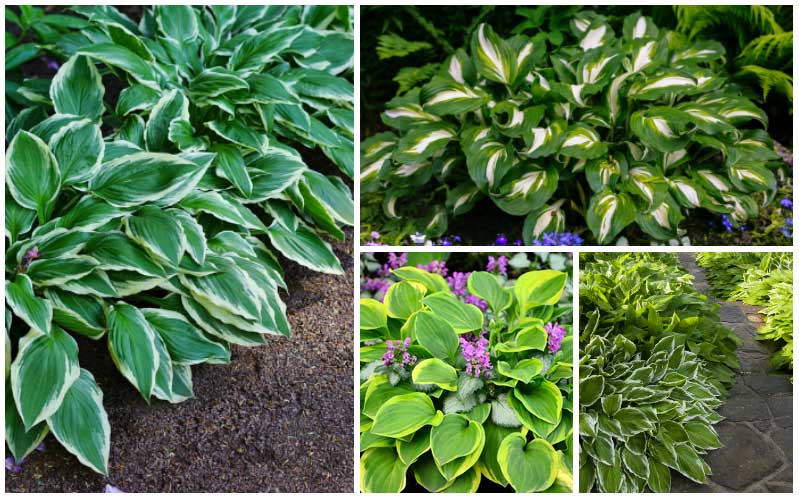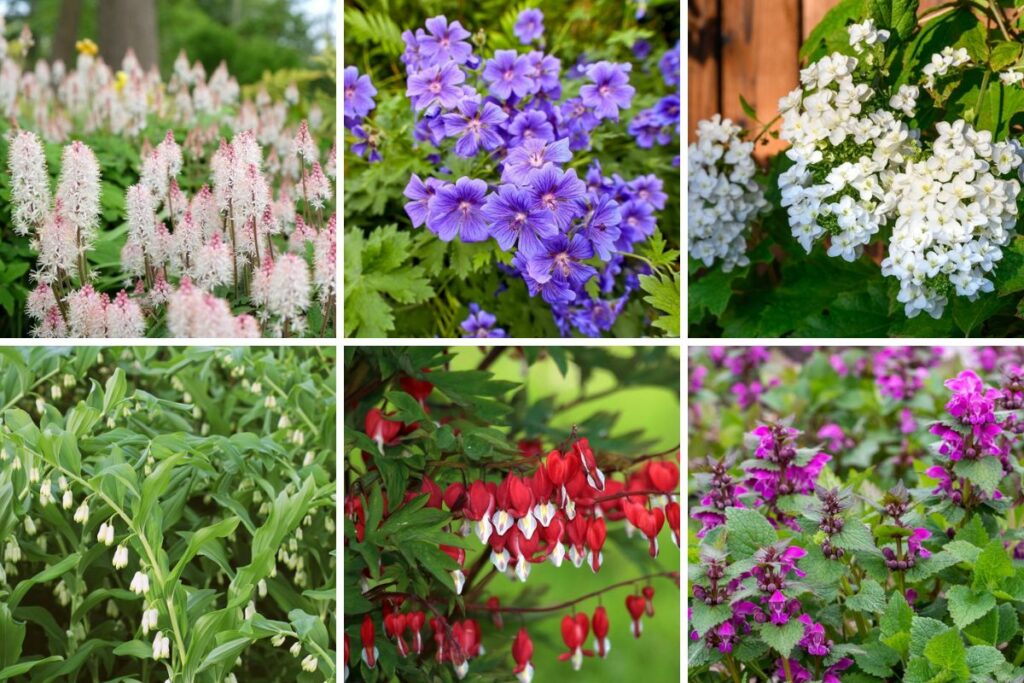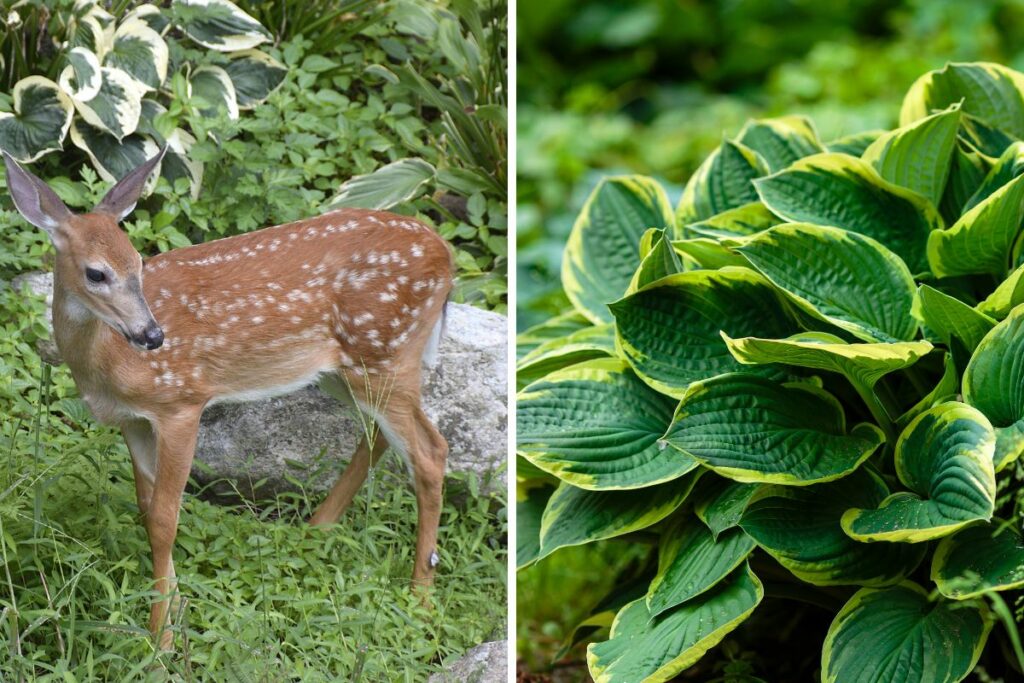
Hostas are beloved for their lush foliage and beautiful blooms, but they often find themselves on the menu for hungry deer.
If you’re tired of waking up to find your cherished hostas nibbled away, fear not!
In this article, we’ll explore effective strategies to protect your hostas from deer damage and ensure they thrive in your garden sanctuary.
1. Choose Deer-Resistant Varieties
Start by selecting hosta varieties that are known to be less appealing to deer. While no plant is entirely deer-proof, some hostas possess thicker or textured leaves that deer find less appetizing.
Consider cultivars like ‘Halcyon,’ ‘Sum and Substance,’ or ‘Patriot’ to deter deer from grazing on your precious plants.
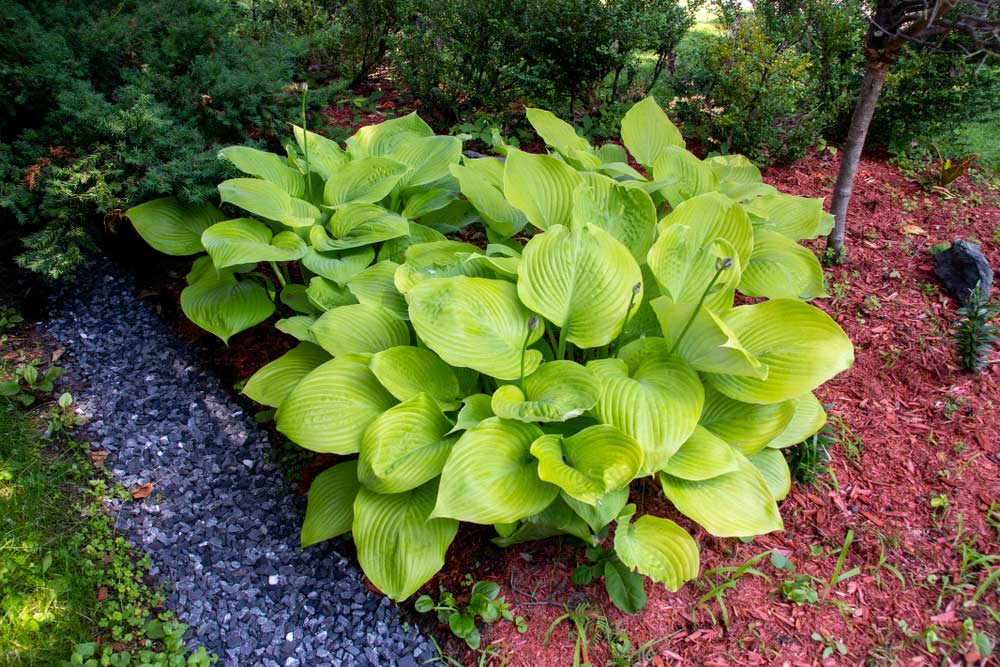
2. Create a Physical Barrier
One of the most effective ways to protect your hostas is by creating a physical barrier around them.
Install a sturdy fence or utilize wire mesh to enclose your hosta beds. Opt for a fence height of at least six feet to deter deer from jumping over.
Ensure the fencing extends underground to prevent them from burrowing underneath.
3. Implement Deer-Repellent Plants
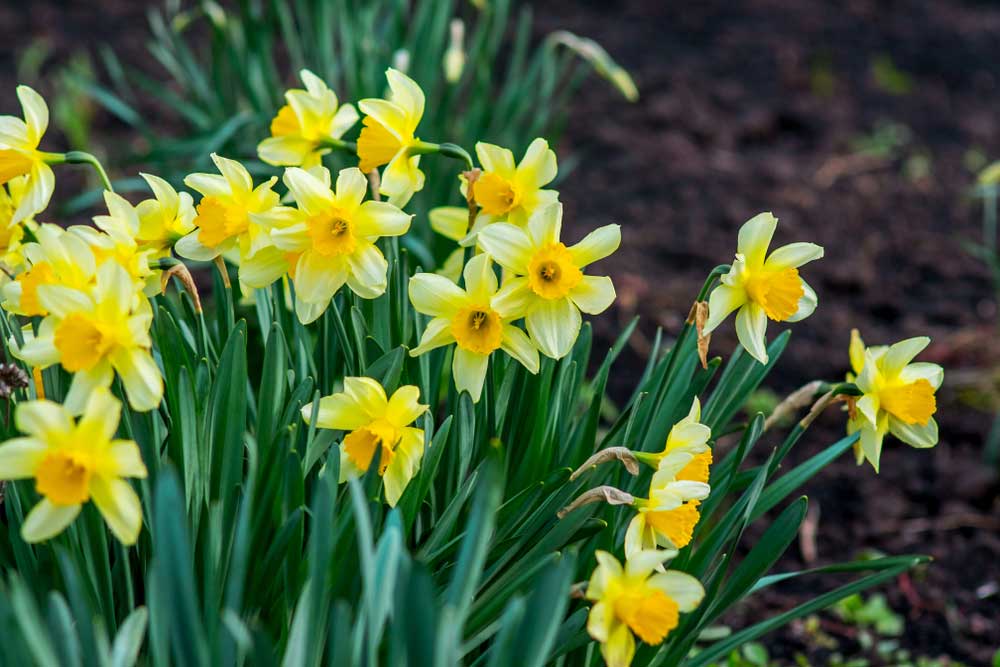
Strategically planting deer-repellent species near your hostas can act as a natural deterrent. Herbs like lavender, rosemary, and sage, as well as flowers like marigolds and daffodils, possess strong scents that deer find unappealing.
Interplanting these repellent species among your hostas can help protect them from deer browsing.
4. Use Deer-Repellent Sprays
Deer repellent sprays can be an effective tool to protect your hostas. These sprays emit odors that deer find unpleasant, deterring them from approaching your plants.
Look for commercially available repellents containing ingredients like garlic, hot pepper, or rotten egg. Check out Liquid Fence Animal Repellent. Remember to reapply the spray after rain or every few weeks for optimal results.
5. Employ Motion-Activated Devices
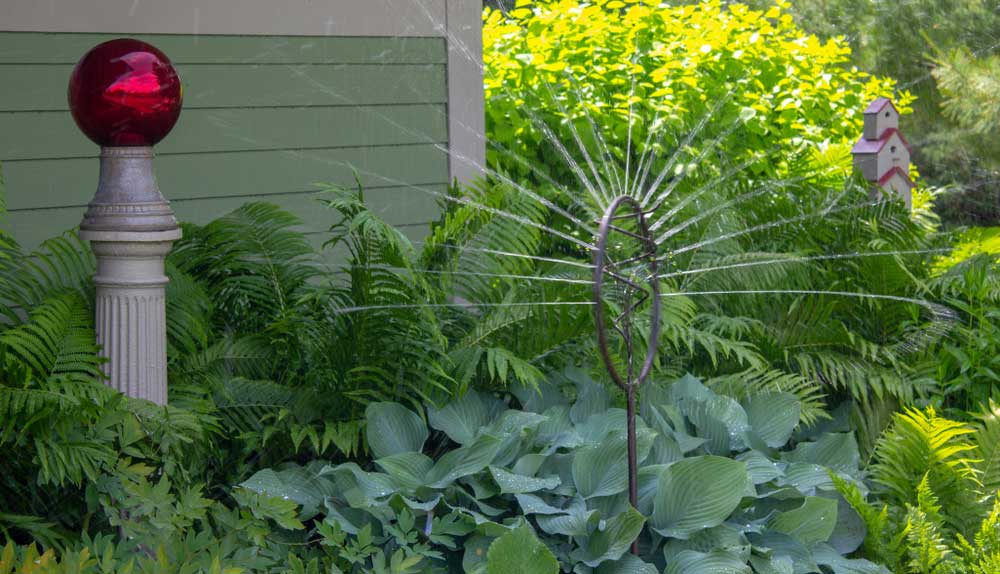
Motion-activated devices can startle and deter deer from entering your garden space. Options include motion-activated sprinklers, lights, or even noise-making devices. The sudden movement, bright lights, or unexpected sounds will make deer think twice before venturing into your hosta haven.
6. Experiment with Homemade Remedies
Several homemade remedies may help protect your hostas from deer. These can include concoctions made from garlic, soap, or chili powder mixed with water.
Apply these natural deterrents to your hostas regularly, especially after rainfall, to maintain their effectiveness.
Check out 70+ Homemade Gardening Hacks
7. Embrace Companion Planting
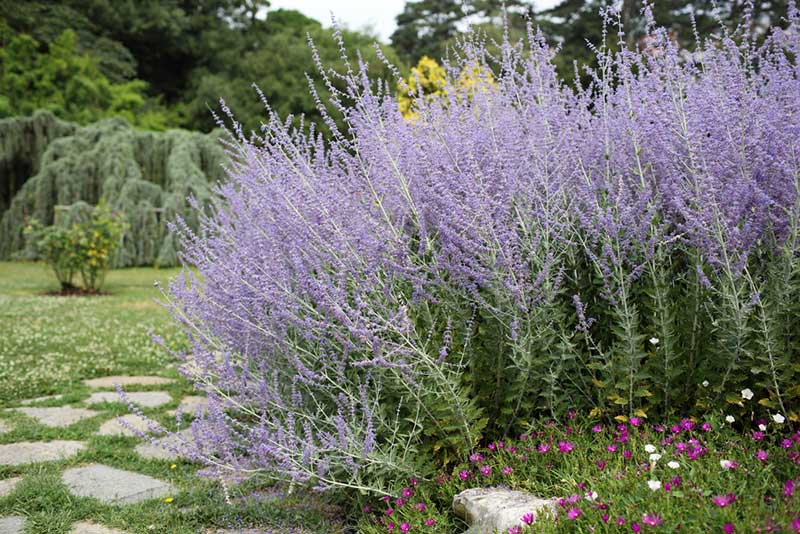
Companion planting involves intermixing different plant species to benefit one another. Surrounding your hostas with plants that deer find unpalatable, such as yarrow, Russian sage, or foxglove, can help shield them from deer damage.
Additionally, taller plants can act as visual barriers, making it harder for deer to access your hostas.
8. Consider Repellent Devices
Various deer repellent devices are available on the market, ranging from ultrasonic devices to solar-powered predator replicas. These devices emit sounds or replicate the presence of natural predators, creating a sense of danger that discourages deer from approaching your garden.
9. Stay Vigilant and Adapt
Deer behavior can vary, so it’s essential to stay vigilant and adapt your protective measures accordingly. If one method proves less effective, don’t hesitate to try a combination of approaches or switch to a different strategy altogether. By staying proactive, you can outsmart deer and safeguard your hostas.
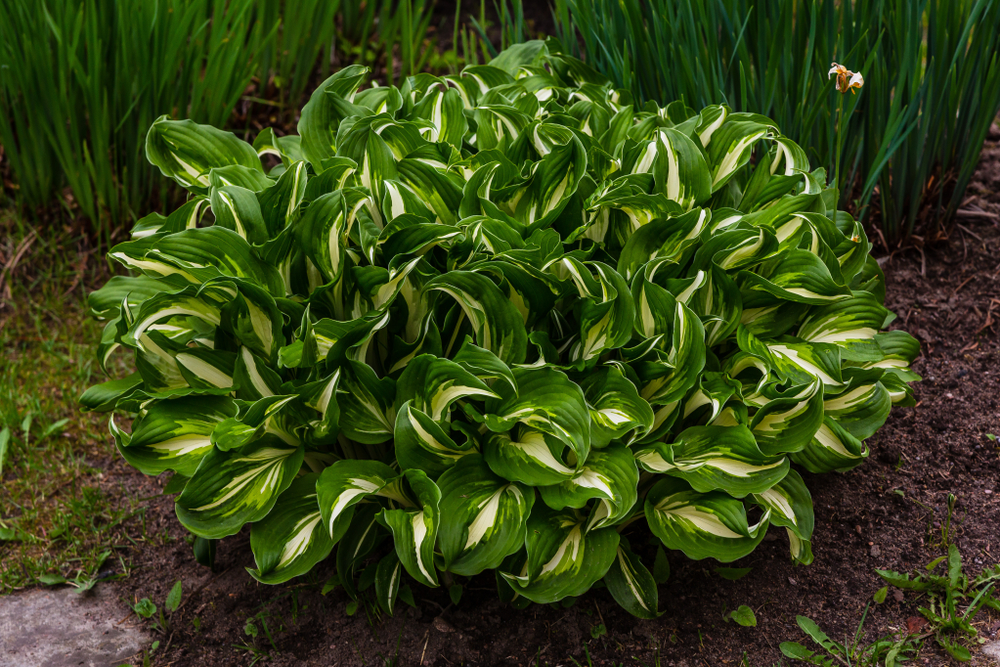
10. Monitor and Respond
Regularly inspect your hostas for signs of deer damage. If you notice any nibbling or browsing, take immediate action to reinforce your protective measures. Swift intervention will help prevent further damage and ensure your hostas recover quickly.
Conclusion
Protecting your hostas from deer may require a combination of strategies tailored to your specific garden and local deer population.
By employing a mix of physical barriers, repellents, companion planting, and monitoring, you can create an environment that deters deer and allows your hostas to flourish undisturbed.
With a little patience and persistence, you can enjoy the beauty of your hostas for years to come, free from the threat of deer damage.

